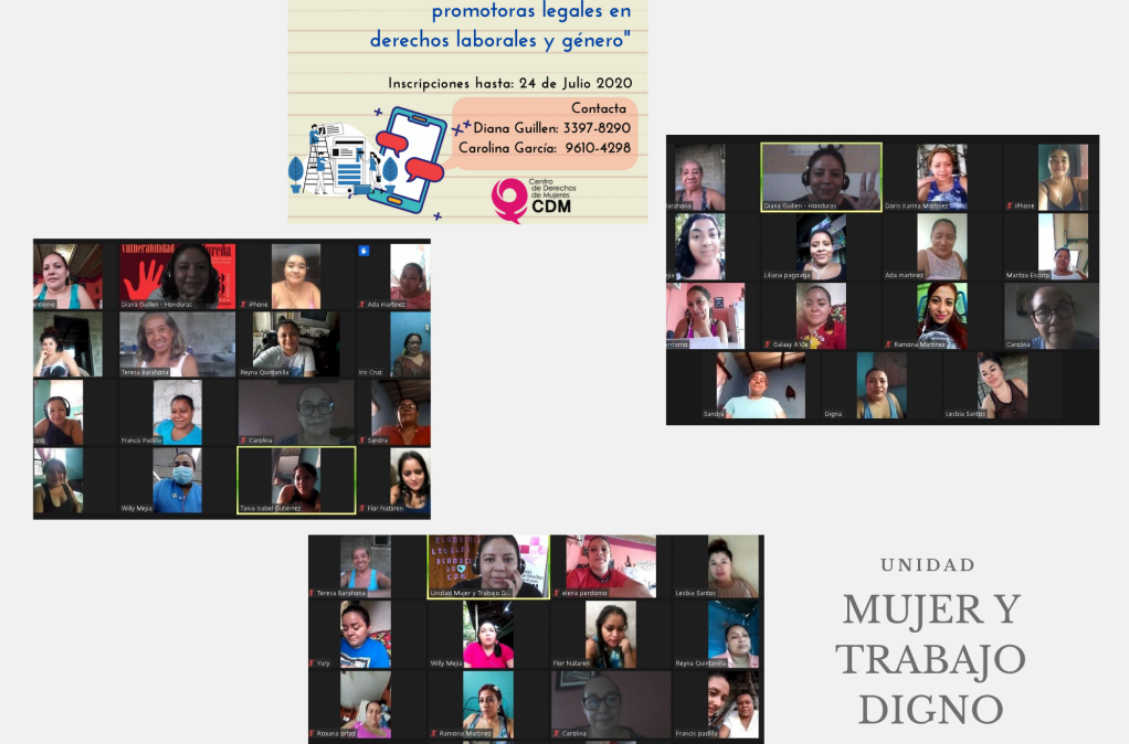
The Honduran Congress put what they hoped was an extra lock on an already decades-old ban on abortion within weeks of Argentina legalising abortion in a landmark decision. But as everyone knows, nothing lasts forever, including a ban on abortion.
In the days since then, the numbers of women joining Somos Muchas – the feminist coalition whose advocacy work we have been sharing and who are campaigning for decriminalisation of abortion in the country – have been growing.
The new members are mostly young women aged 18 to 30, who have been moved into action by recent events. For Somos Muchas, who vowed not to give up, it is a sign that change is possible, even though their country has one of the most severe restrictions on abortion in the world.
“The [government] did it out of fear,” Neesa Medina from Somos Muchas told AlJazeera, explaining the attempt to strengthen an already existing prohibition. “Because they think they can ban the future. But you can’t ban the future.” In 2017, she said, only eight out of the 128 legislators voted in favour of allowing abortion in cases of rape, incest, when the woman’s life is at risk, or when the fetus cannot survive outside the womb. With the constitutional amendment this year, 30% of the legislators did not support the amendment to keep abortion totally illegal. “You can see the cracks in the system, in the government, and that’s why they’re closing ranks,” said Medina. “And it’s in those cracks that this will all crumble.”
SOURCE: Al Jazeera, by Natalie Alcoba, 7 February 2021 ; VISUAL, Somos Muchas website



